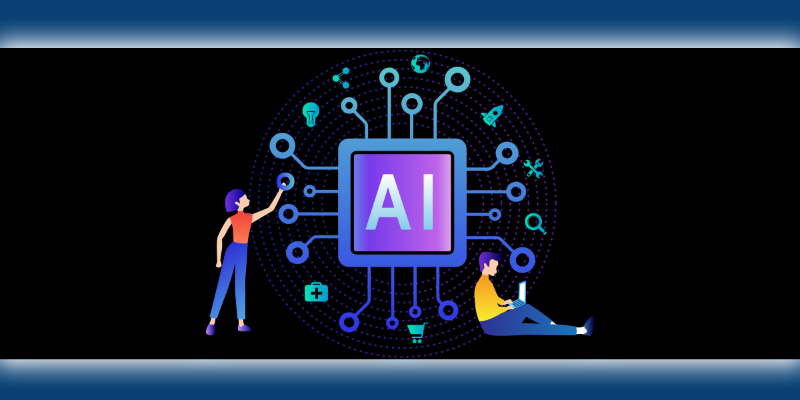Man vs. Machine: Does GenAI Make Workers More Efficient?

Artificial intelligence (AI) demands more of everything. It needs more power, more water, more data, more internet bandwidth and more computer chips. The irony is humans are supposed to share these resources with AI only for AI to one day take our jobs. It may not sound like the best deal, but markets have been very hyped up about it because we are promised increased productivity and advancement that may fix many of our problems, from faster email generation to more accurate medical assessments. So what have we learned so far about AI’s impact on economic productivity?
Researchers at the National Bureau of Economic Research conducted a study on the rollout of an AI conversational support tool for technical customer support workers for a Fortune 500 company. The study found that worker productivity increased 14% on average, with the gains being concentrated among lower-skilled and newer workers. The most-skilled workers made almost zero efficiency gain from the AI tool. In other words, the AI tool increased productivity for those who were new to their job and lower performers while having almost no impact on top performers.
Recently, Microsoft published an observational study on Generative AI (GenAI) and critical thinking of 936 participants using GenAI in work tasks. The research found that those with higher trust in GenAI are less likely to enact critical thinking when using GenAI compared with when not using GenAI. Confidence in GenAI was associated with less effort in critical thinking. Meanwhile, those with higher confidence in themselves were more likely to enact critical thinking even though it was perceived as more effort to do so. Furthermore, the study found that GenAI shifted the nature of critical thinking—from information gathering to verification, problem-solving to response integration, analysis and evaluation to task stewardship.
Overall, the promised increase in productivity from AI is not yet clear. On the one hand, it is possible that lower performers and those with lower self-confidence—the two qualities may correlate—may result in more reliance on AI, potentially decreasing their critical thinking and problem-solving abilities in the long run. On the other hand (don’t we all wish for an economist with only one hand), AI may help lower performers and less-confident workers improve their work quality.
Perceived Effort To Use GenAI for Cognitive Activities

SOURCE: Microsoft.
